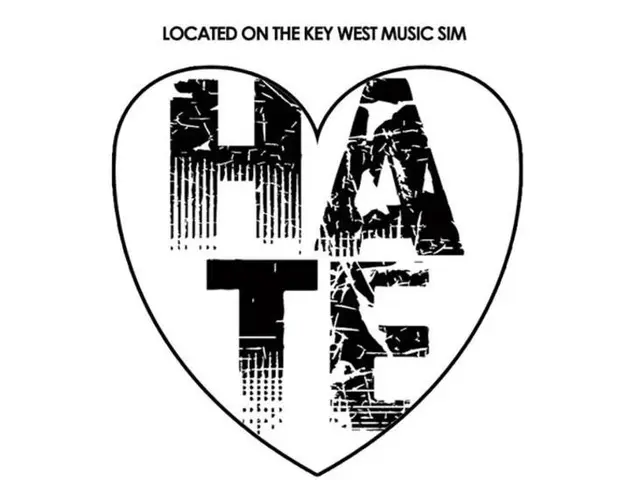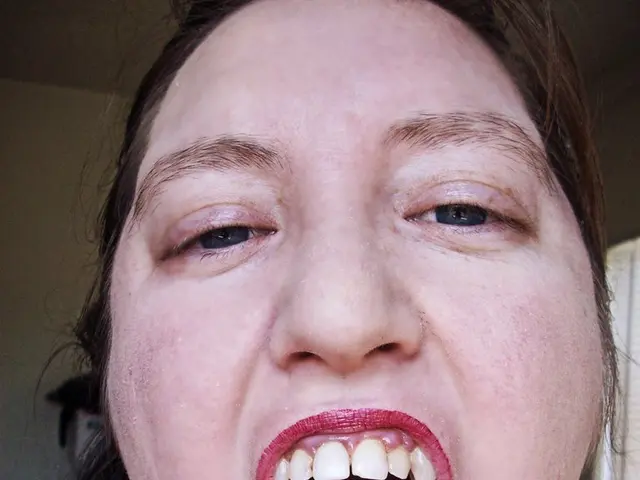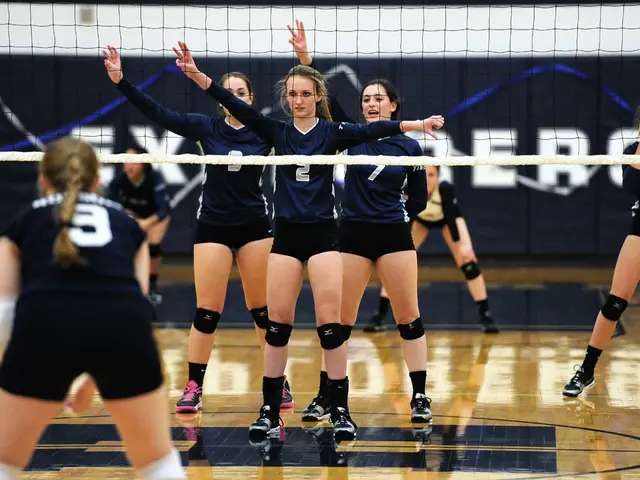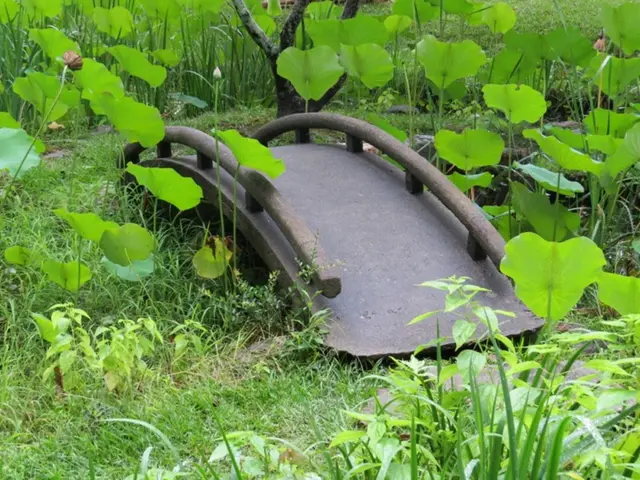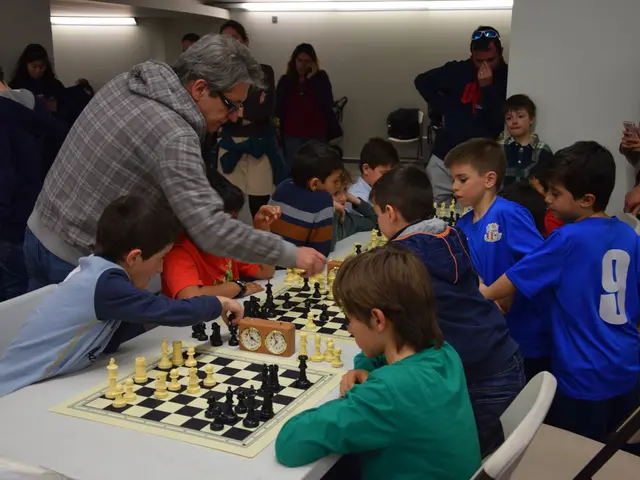Allies of Ukraine approve establishment of war crimes tribunal
Facebook Twitter WhatsApp Email Print Copy Link
A meeting in Ukraine saw heavyweights from Europe's foreign offices huddle together with Ukrainian president Zelensky via video call. The goal? To set up a war crimes tribunal to nail Russia's culprits. As Putin paraded troops in Moscow, justifying Russia's aggression against Ukraine, German Foreign Minister Johann Wadephul stood firm. "No one should get away with flouting international law," he declared, emphasizing the panel will be fair and independent.
Politics Taking Action: Europe Votes for War Crimes Tribunal
Over 30 countries from Europe and its allies have given the thumbs up to establish an ad-hoc court based in The Hague, Netherlands. The court will put Russian leaders right up against the wall, with Ursula von der Leyen, President of the European Commission, stating, "This is a clear step towards justice for the victims of Russia's brutal invasion."
Justice for Ukraine, justice for the world.
Meanwhile, Putin continued to dance around the truth, justifying Russia's invasion during a military parade in Moscow. Despite the ICC issuing an arrest warrant for Putin in 2023 for forcibly deporting Ukrainian children, the Kremlin has yet to be held accountable for the "crime of aggression."
But with this new international tribunal on the horizon, it looks like Putin's days of denial might be numbered.
Politics: Green Light for An ad-hoc Tribunal? Wadephul Meets EU Colleagues in Ukraine
Europe's top diplomat Kaja Kallas claimed the court will ensure the main perpetrators of the aggression against Ukraine face justice. Ukrainian President, Volodymyr Zelensky, voiced similar sentiments, stating, "Russia must be held accountable for its actions."
Wadephul mentioned he'd be pushing his US counterpart, Marco Rubio, to jump back into the support circle after the circle dwindled under Trump's administration. Countries backing the group include EU states, Australia, Norway, Liechtenstein, UK, Costa Rica, Guatemala, and more.
Choice and Consequences
For now, the group is working closely with the Council of Europe, hoping to iron out the legal specifics and clear the way for the court to begin operation. It's the least Russia can do… or else face the wrath of international justice.
- Ukraine Conflict
- Ukraine
- Attack on Ukraine
- Vladimir Putin
- Russia
- Justice
- EU
Enrichment Data:
The proposed international ad-hoc tribunal seeks to hold Russia accountable for the crime of aggression regarding its invasion of Ukraine. With the support of over 30 countries, the tribunal's establishment appears imminent, set to be located in The Hague. The court's primary aim is investigating and prosecuting political and military leaders responsible for instigating and maintaining the conflict, which goes beyond the purview of the International Criminal Court (ICC) focused on war crimes and crimes against humanity. Unlike the ICC, the ad-hoc court will have the power to issue international arrest warrants and operate without immunity protections for heads of state or government officials, potentially resulting in the prosecution of high-level leaders within Russia. However, the draft statute stipulates that officials such as Vladimir Putin, Mikhail Mishustin, and Sergey Lavrov cannot be tried in absentia while in office due to practical and legal considerations. This move signifies the tribunal's commitment to upholding fair trial standards and maintaining the principle that no one is above international law. Ultimately, the ad-hoc court aims to contribute to the post-World War II international legal order, ensure Russia faces legal accountability, and serve as a global message against the impunity of aggressive war as a means to maintain the rule of law and prevent the normalization of violations against Ukraine's sovereignty.
- The proposed employment policy of this international war crimes tribunal aims to ensure fair and independent proceedings for all parties involved.
- The employment policy of the ad-hoc court in The Hague, Netherlands, will specifically focus on investigating and prosecuting political and military leaders responsible for instigating and maintaining the war-and-conflicts in Ukraine.
- In the midst of the Ukraine conflict, the employment policy of European foreign offices aims to prosecute those responsible for crimes and aggression against Ukraine and uphold the rule of law, particularly in light of Putin's actions.
- The employment policy discussion between European diplomats and Ukrainian president Zelensky via video call centered around the establishment of an ad-hoc court to ensure general-news pertaining to the crime-and-justice in Ukraine is addressed.
- In the context of Ukraine, it is crucial that the employment policy of the international community addresses both the prosecution of criminals and the prevention of future conflicts through the implementation of concrete policies.


